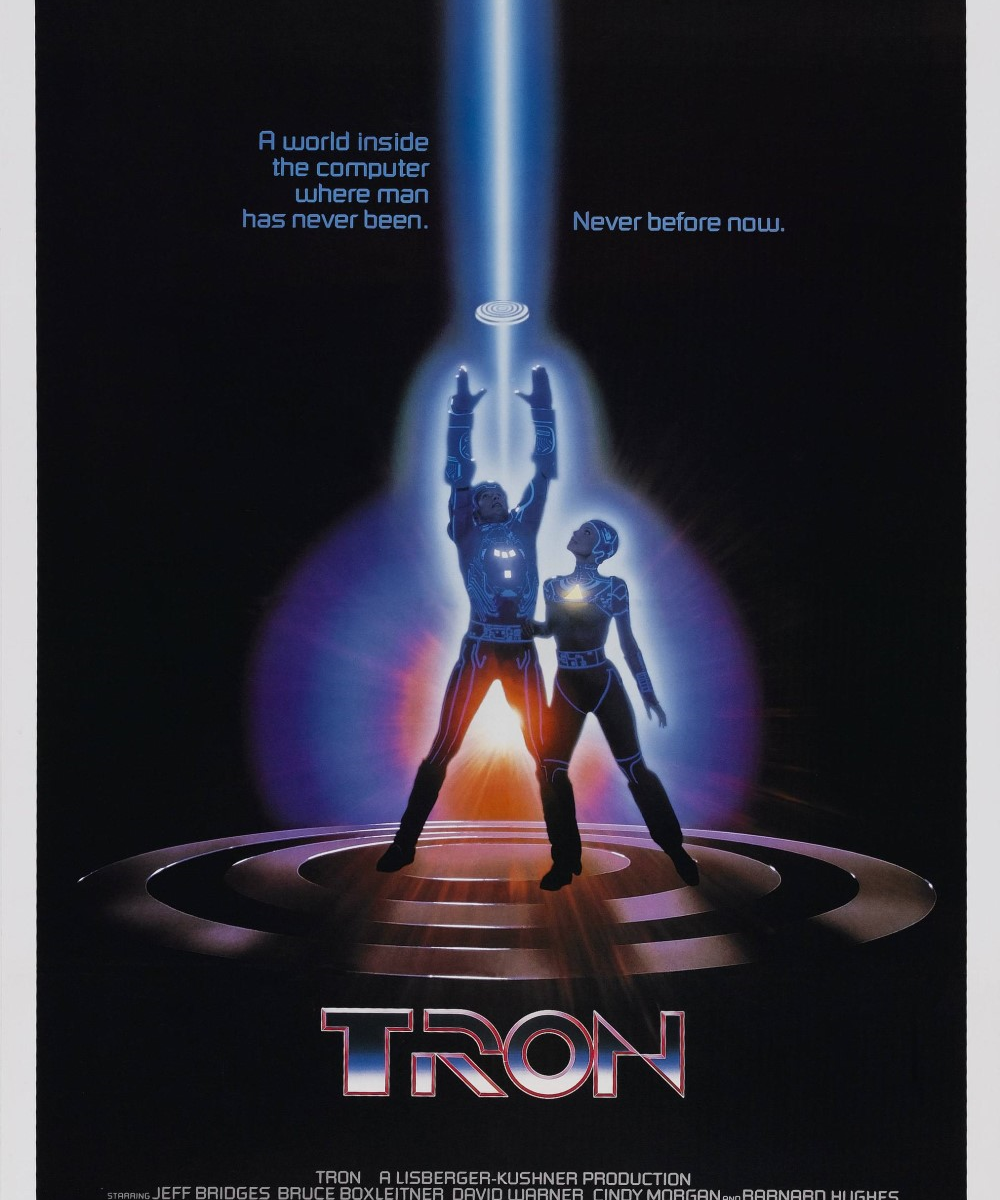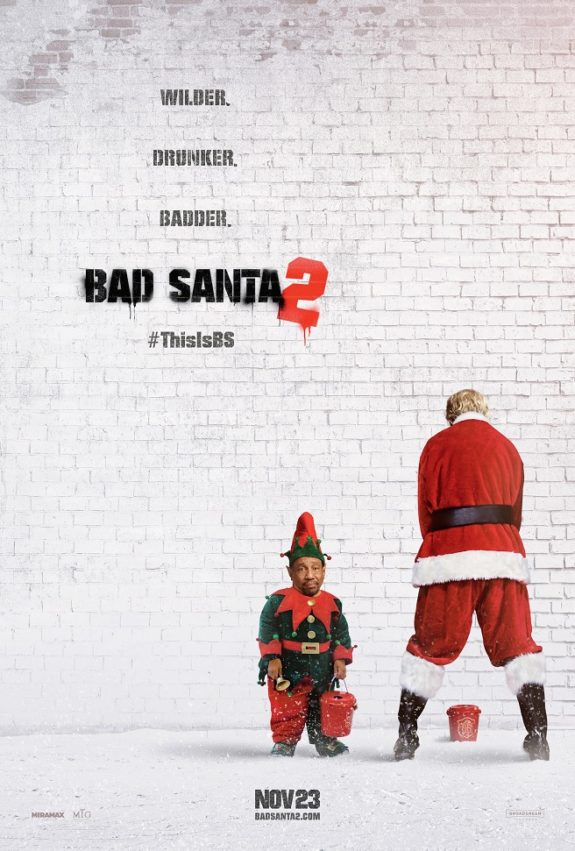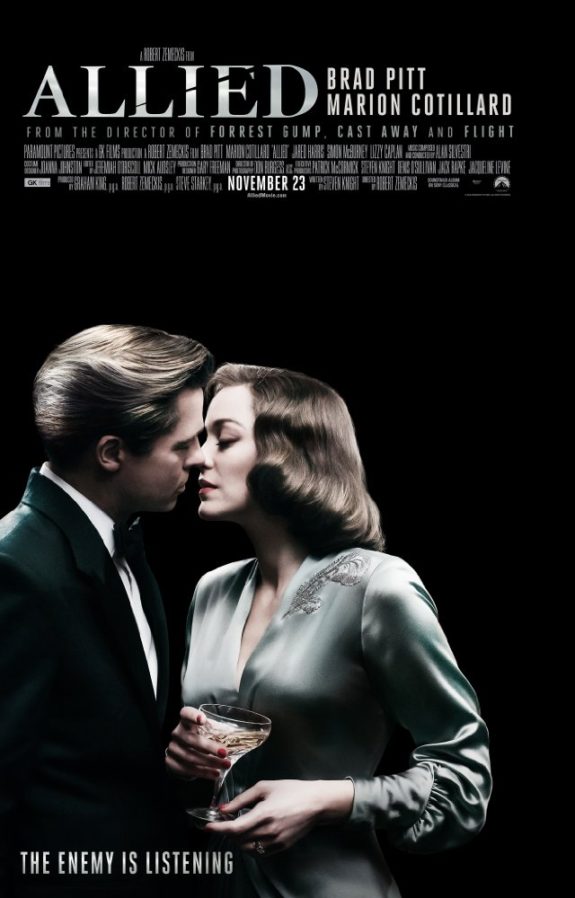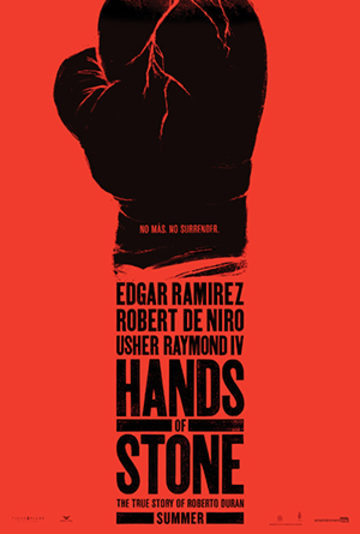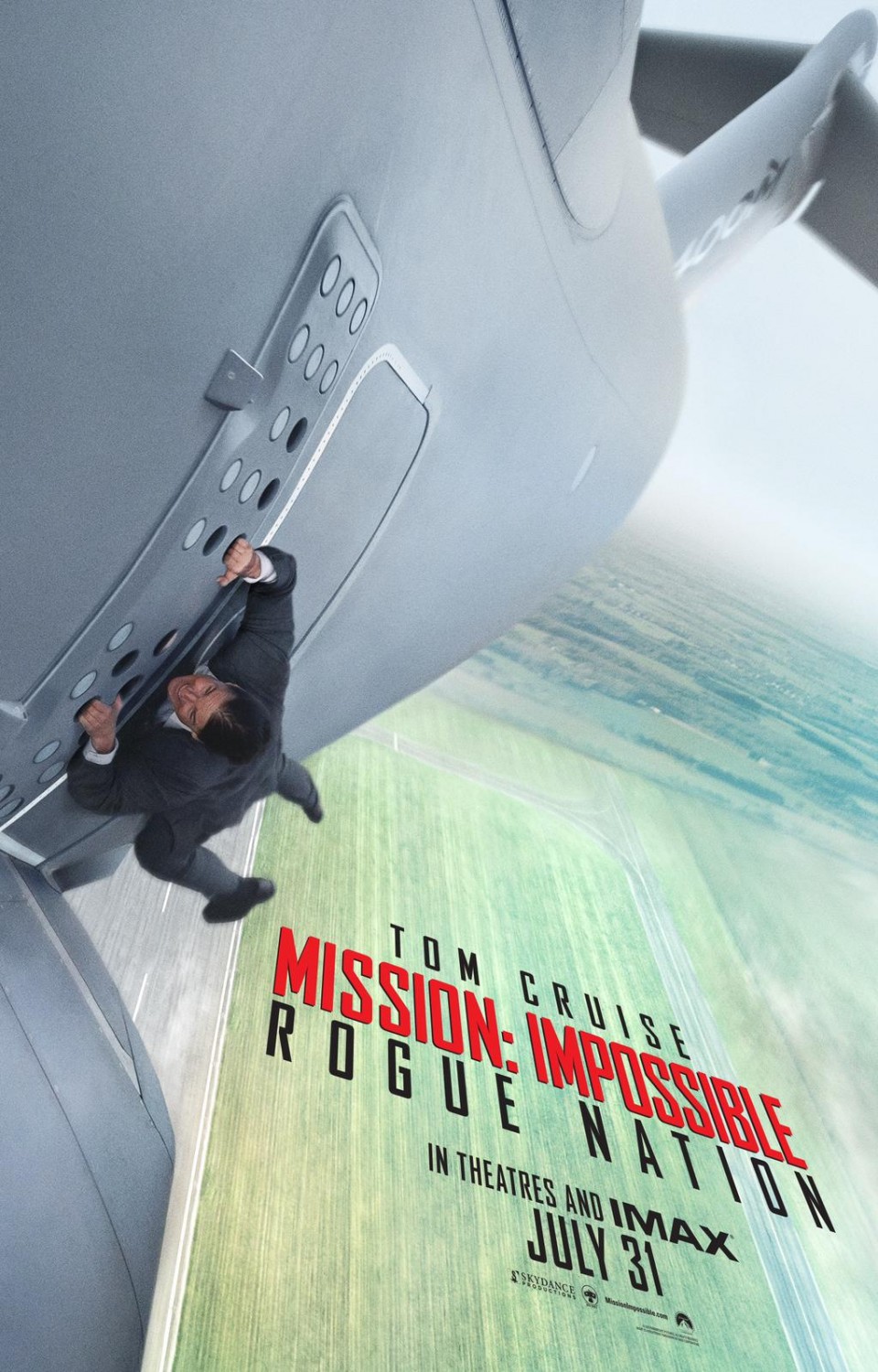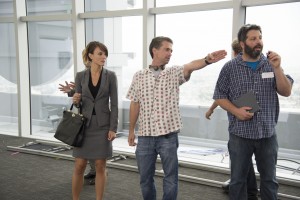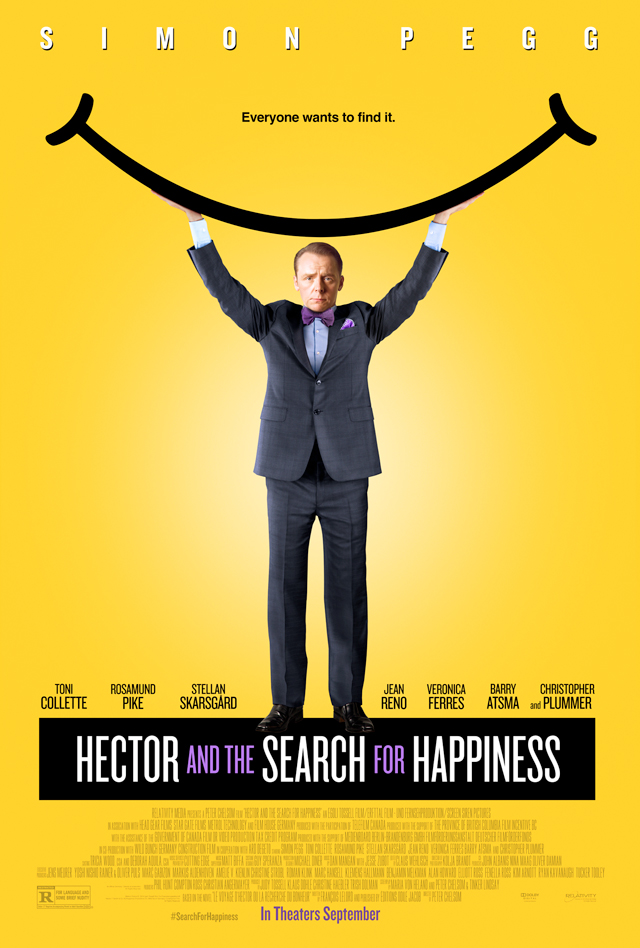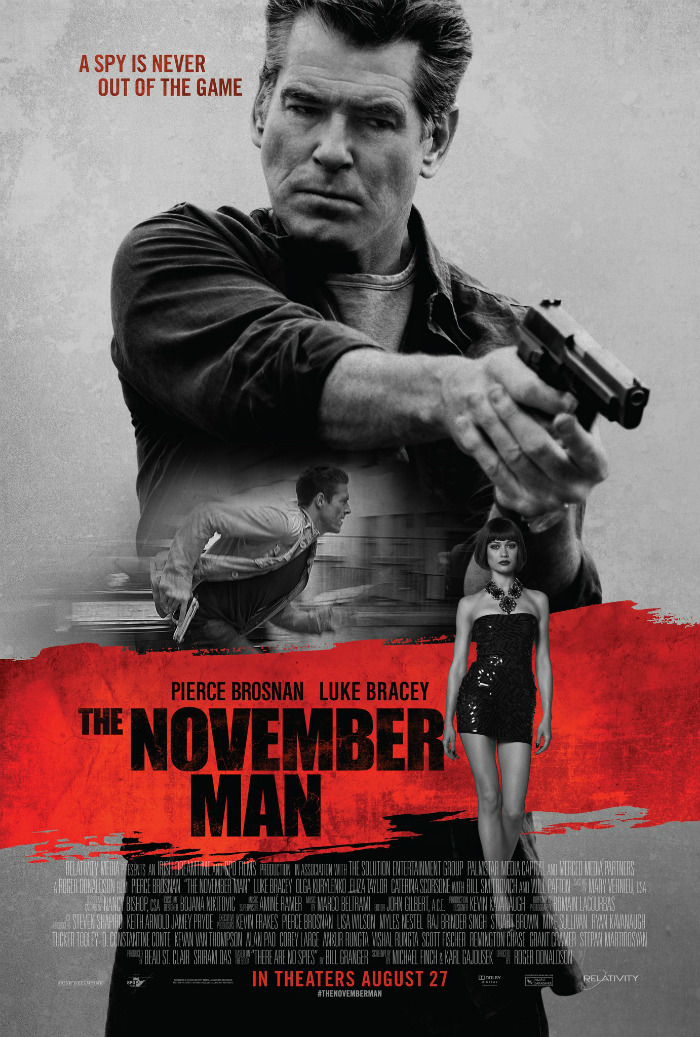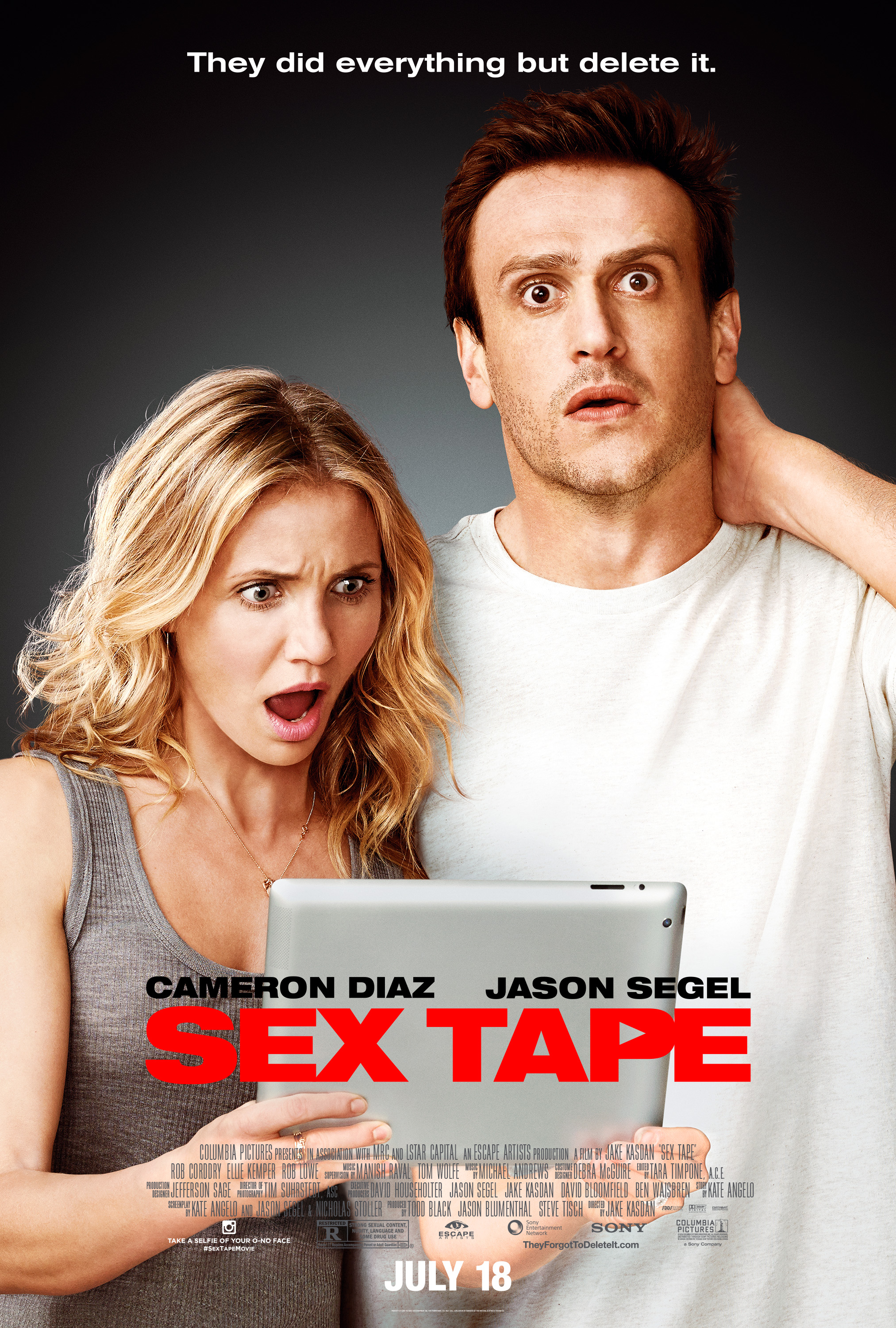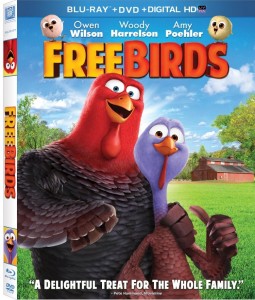From California to China to Australia, VITAL Emcee has been crossing oceans to bring literacy and integrity to the hip hop community. Having been putting out albums since the early 2000’s with various projects: Seekret Socyetee’s ‘The Il2 Word’ (2002), 2 Drunk’n Poets ‘Blurry Wisdom’ (2003), he dropped his first solo record in 2006 with ‘The Secrets of the Invisible Man’; followed by ‘Versus-Verses’ in 2010.
The Spring of 2015 has seen the release of his newest mixtape ‘F.A.G.’ (Free of All Guilt). VITAL recently spoke with me about the impetus of this album, and how he finds ways to mix samples of Elton John, Adele, and Pink Floyd with his unrelenting and raw lyrics about sex, strength, bigotry, and the boogeyman.
BCA: How long ago did you first conceive this project? And what was the one major element that was preventing you from starting it?
VE: ‘Free of All Guilt’ was a concept initially envisioned by the Optimist (my producer at the time) back in early 2010. He had said that if anyone can do it and make waves it would be me. He had offered me his full attention within writing and recording in order to put the project out. I jumped on it as I agreed with him, but therein started my own personal internal struggle. I was already out of the closet to my friends and family, but it started to worry me regarding how it would affect my professional life, i.e. VITAL Emcee. I neither wanted to alienate myself or my fan-base so it brought me to a creative stifle. I recorded a few songs for the project but they didn’t seem as genuine as they could be. Looking back on that time, the songs were genuine, I was just still unsure of myself in the position of “gay rapper.” It took blankets of time and experience to finally reconcile my own personal issues to get me back to my “I-don’t-give-a-fuck-punk-rock” mind-state. Everything in due time I guess.
BCA: When compared to your previous two releases, ‘The Secrets of the Invisible Man’, and ‘Versus-Verses’; ‘Free of All Guilt’ undoubtedly has the most pop appeal, and has the ability to reach a wider audience. Yet, the overall theme of ‘F.A.G.’ could be very shocking. Was this intentional? Or was it just a natural progression of your music?
VE: It definitely is an intentional thing. Given the subject matter, I wanted to make it more palatable by mainstream standards, while bridging it with my underground hip hop/punk rock type of mentality. I knew it would kick up a stink and I had to figure how best to present it as a professional artist. I do care about the listener at the end of the day, but I had to do for me. My tastes and convictions have grown since ‘Invisible Man’ and I think there is an adequate reflection of that inherent in this project. In the future, I’ll revisit some of my old themes that I still would like to reinvestigate, but the point being is I was angry during ‘Invisible Man’, searching in ‘VERSUS’ and now here I am full circle with a more solidified renewal of self. Plus, the part of myself that wants to be a star was satiated on this mix-tape. And it will be as the future becomes more tangible.
BCA: Religion, and especially religious imagery, has always been a constant reference in your writings. Is it just you being poetic, or has religion and faith been a big influence in your life?
VE: Religion is a big part of who I am. It’s not something I preach or even genuinely back, but it is a huge part of my foundation as a person. For the record, I despise religion or anything that would make certain “biases” law. Any side of religion has never done any good for anyone. I don’t judge those who find solace in it, I just ask them not to judge me either. We all have our own paths and are entitled to our own opinions. Matter of fact, I really don’t fault the deities in any given religion, it’s the zealots who refuse to study history and act on things with blind faith that I have issues with. There’s no such thing as a greater good, as labels like this strip humanity from the human race and place destiny in the clay palms of a myth. The imagery however has always piqued my interests, just in the way that horror films and certain other elements of pop culture does. I’ve always been intrigued with the dark side of human nature, and being raised as a devout Christian, it permeates my writing. These days, however, I am more into shining a light on those things which make me happy. Those things that make me feel human and make me fight for a lifetime worth living.
BCA: Have you found there to be a regular pattern as to how a track emerges? A lyric first, or a beat, a sample you want to use? Or does it change with each song?
VE: Each track is its own entity and so can come about in its own way. During the embryonic state, I could have an idea I want to explore, or I could just have a line I want to elaborate on and it evolves into a verse and an entire song thereafter. There can be a beat that I’m feeling and I write to that when the mood strikes. I know every artist has their own way about how they do things, but for my workflow, it’s just what approach is deemed best for each particular situation. Obviously with ‘F.A.G.’ the whole concept was decided on before the writing process began, but each song still remained important as a standalone while the skeletal structure for the mix-tape was being put together.
BCA: On ‘F.A.G.’ you use bits of Elton John, Adele, and Pink Floyd; and in previous albums you have made a reference to Iron Maiden. Your taste in music seems to be rather eclectic. Whom in your life do you credit for getting you first interested in music?
VE: Michael Jackson: plain and simple. I don’t think anyone in my generation would answer differently.
BCA: I understand the acknowledgement to Michael Jackson; but is there anyone in your family, or a childhood friend, that inspired you to follow your dreams of writing and making music, or perhaps turned you on to a certain genre of music?
VE: As far as my childhood goes, I was always naturally gravitated toward music. Instead of toys, I would ask my mom for records and tapes. This could have been anything from Rockwell’s “Somebody’s Watching Me” to Wham! to the LA Dream Team. My older cousin Gary always turned me on to good stuff when I was 6-7 too. He put me onto things like Prince, Morris Day and the Time, Midnight Star and that funky shit that which I still love to this day. Hip-Hop came to me in the form of DJ Jazzy Jeff and the Fresh Prince. When I first heard “Parents Just Don’t Understand” it changed my life… ‘cuz at 7 years old, those were the truest words I had ever heard. I started paying more attention to Hip Hop music from then on getting into N.W.A. and 2 Live Crew and those things I wasn’t supposed to listen to. Digital Underground comes to mind. That being said though, I also loved the metal music that was introduced to me through my stepfather. That’s why I’m still a fan of guys like Judas Priest and Iron Maiden. All of these different ingredients kept brewing into one whole recipe in my later years. As a teenager it was Pac, Quik, OutKast, and Bone Thugs along with countless Bay Area cats. It was Sublime, Pink Floyd and Wu-Tang with the more than occasional catchy pop tune thrown into the mix. Pantera and the Misfits entered the playlist as did bands like AFI and Soilwork. When I met Matt Embree (RX Bandits) and we did the Seekret Socyetee record back in 2002 that was the dude who made me see music as tangible and pursuable. Consequently, he is also the first person I ever came out to, aside from my mother.
BCA: Touching back, you said you were angry during ‘Invisible Man’, and searching during ‘VERSUS’? Where did your anger come from? Who were you angry at? Your own self? And what do you think you were searching for?
VE: Honestly my anger came from insecurity. I was gay and I felt out of place in Hip Hop because of it. No one ever put me on blast or anything like that as it became more and more known within the local scene, but just within my own shoes, I felt different. I had friends and family, but the part of me that had issues as a fledgeling gay man (even though I was out) felt isolated. I had no gay friends and thought I’d be seen as too effeminate in Hip Hop as well as too “straight” for a gay audience. That sounds funny in hindsight, but at the time it was my whole world. That’s why ‘Invisible Man’ was so dark in its exploration of the existence I lived. On top of it all, there was a situation of unrequited love (if you could call it that), and my drug use at the time had gotten out of hand. This all combined into a perfect storm of angst that went into making that record… and I still love that those moments were captured because it was one of the realest and most vivid moments to put that album together. I fancied myself as a modern day Arthur Rimbaud looking for his Verlaine. I wish someone would have told me then to be careful for that wish. When it came time to record ‘VERSUS’, I had found my counterpart and counterpoint and went through all the ups and downs of an unhealthy relationship, eventually ending up in jail for domestic abuse (which was bullshit to no end, but remember this is two men–not a man battering a woman) and ultimately ending the relationship. It tore me apart but I honestly was more complete in my self so I wasn’t as angry as I was with ‘Invisible Man.’ I was emancipated if you will and it made me free to approach ‘VERSUS’ from any angle. It was a renewal, hence the resurrection in the first track. I think I may have been a little too scattered with that record, even though I still think it is well made and well put together. The only direction I had was to assert myself even further as a Hip Hop heavyweight and lyrical legend… two concepts I could give a shit about now, as I’m just me and that’s all I’m able to give. The search brought me to this place inside…and now I’m stronger than ever.
BCA: Final question. Are the gloves off?
VE: The gloves are off and the knuckles are bleeding.
‘F.A.G.’ is available for free at: www.vitalemceeonline.com
Related Content
